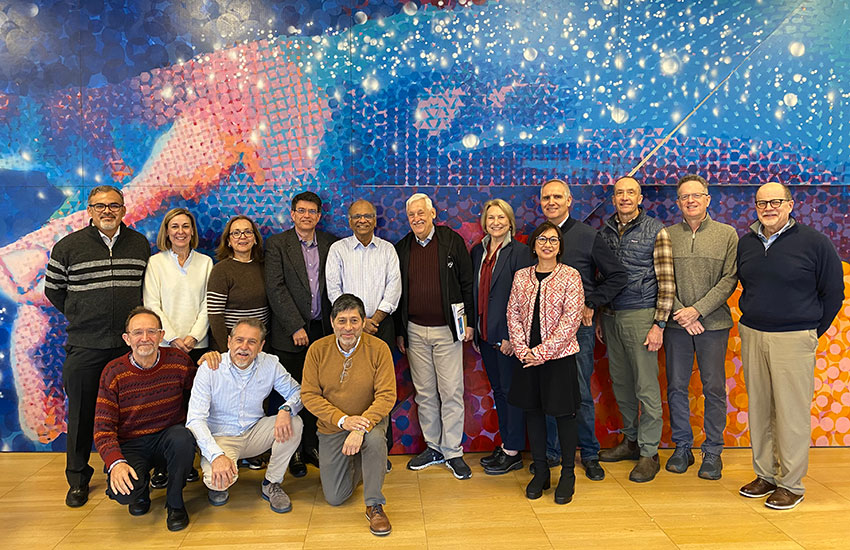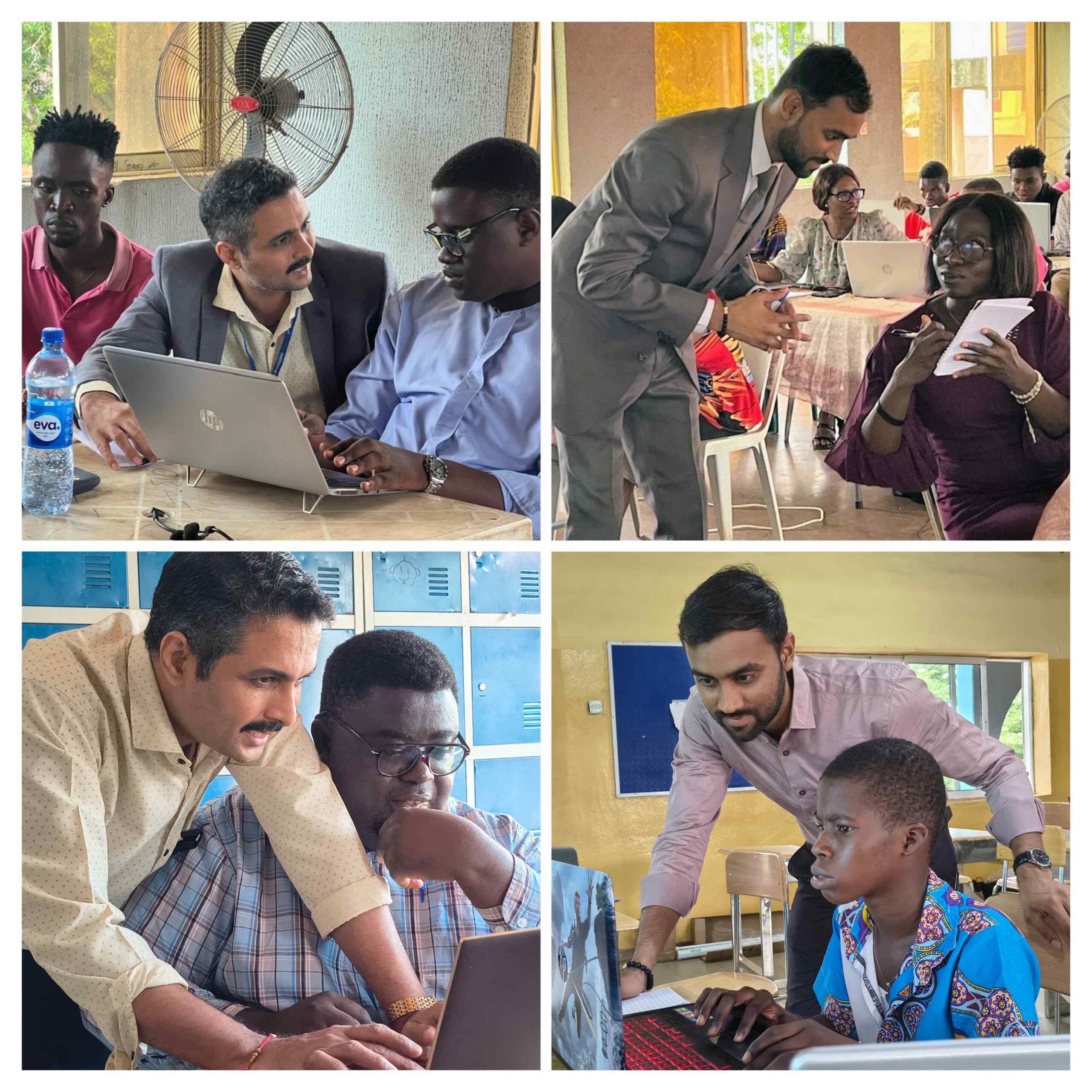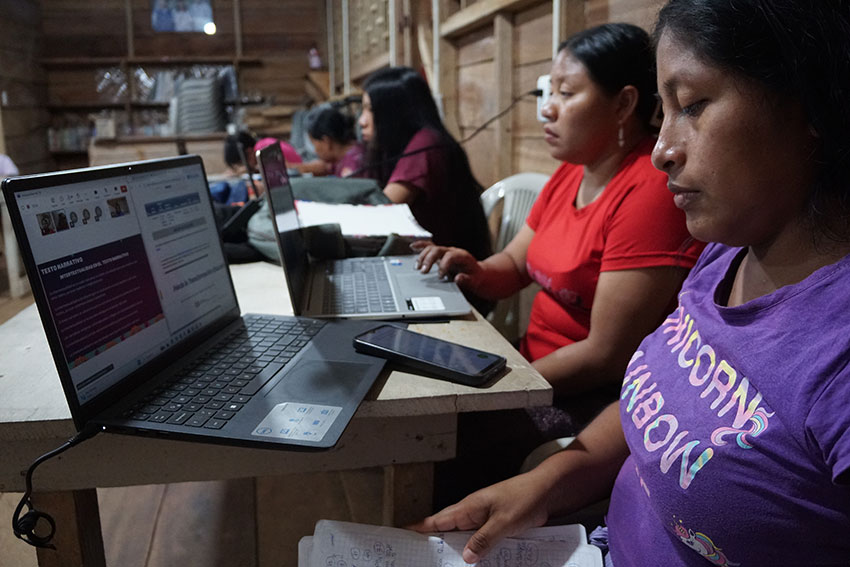Jesuit Research Network: Jesuit Conference Africa & Madagascar
Author: Stephen Eyeowa, SJ, Acting Academic Dean, School for Theology, Hekima University College
Preliminary Remarks
The establishment of the JCAM Research Network (JCAM-RN) is a concrete response to the desire of GC 36, stressing discernment, collaboration, and networking. JCAM-RN embraces the vision of GC 36, advocating for creative and in-depth thinking as well as encouraging intellectual dialogue among scholars of JCAM formation centres – Hekima University College, Nairobi, Kenya; Arrupe Jesuit University, Harare, Zimbabwe; Université Loyola du Congo, Kinshasa, DR Congo; Institut Théologique de la Compagnie de Jesus, Abidjan, Cote d’Ivoire; and St. Paul Tsaramasoandro Philosophate, Antananarivo, Madagascar. JCAM-RN is not a unique or stand-alone intellectual group in the African assistancy. It can be said to have a doppelgänger – African Jesuits in Sciences (Ajis).
JCAM-RN Nairobi 2023
The third edition of the JCAM-RN, held at Hekima University College (HUC), Nairobi, from the 21st to 25th November 2023, brought together about 22 scholars across the assistancy. The theme for this particular assembly – “living together” – was diversely approached: Scripture, Systematic Theology, Canon Law, History, Philosophy, Egyptology, Sociology, Anthropology, Administration, and Education.
The first day of the colloquium tackles the complexities of living together differently, advocating for a viable sense of engagement. The second gathering day explores themes around socio-religious spaces and the expected solidarity they ought to engender. The conversation was heightened on the third and final day, exposing the nexus between violence and religion and positing interfaith hospitality as a laudable response.
The next meeting of the network will be held on November 28-30, 2024 at the Manresa Spirtual Centre in Kimwenza, Kinshasa.
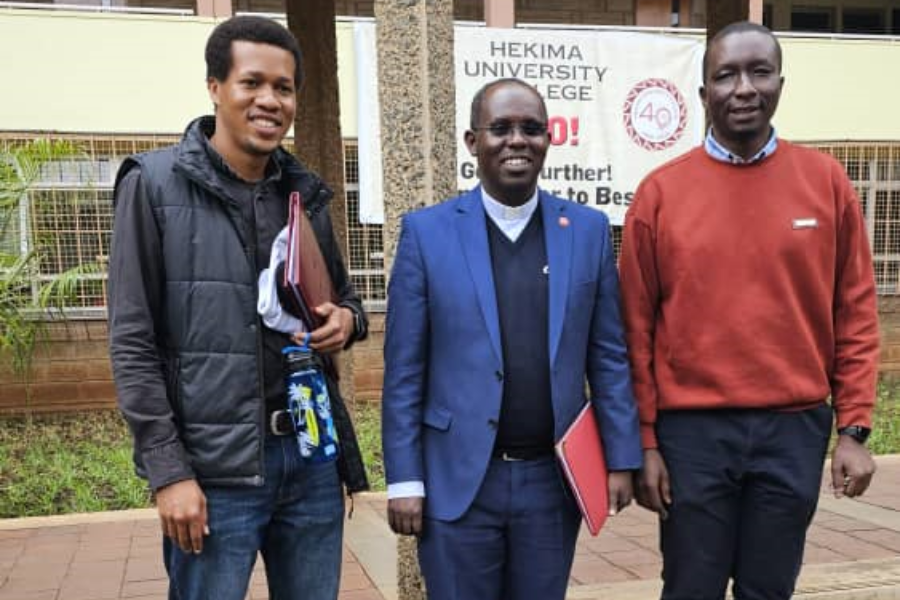
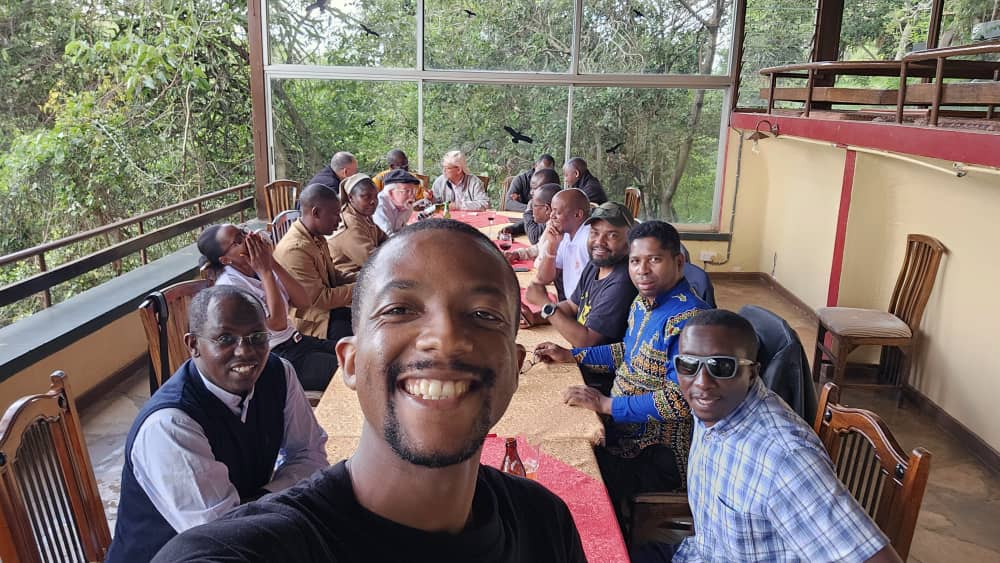
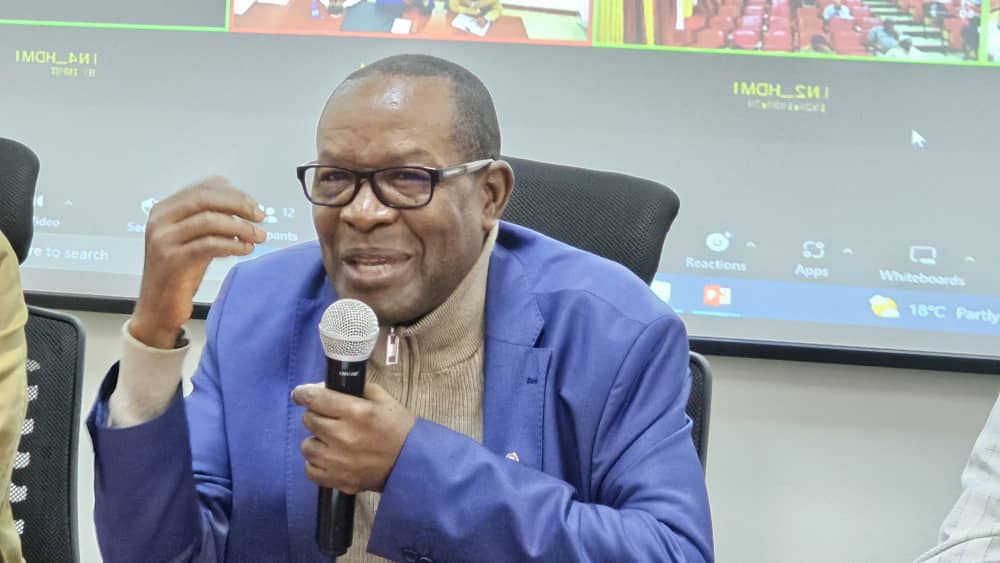
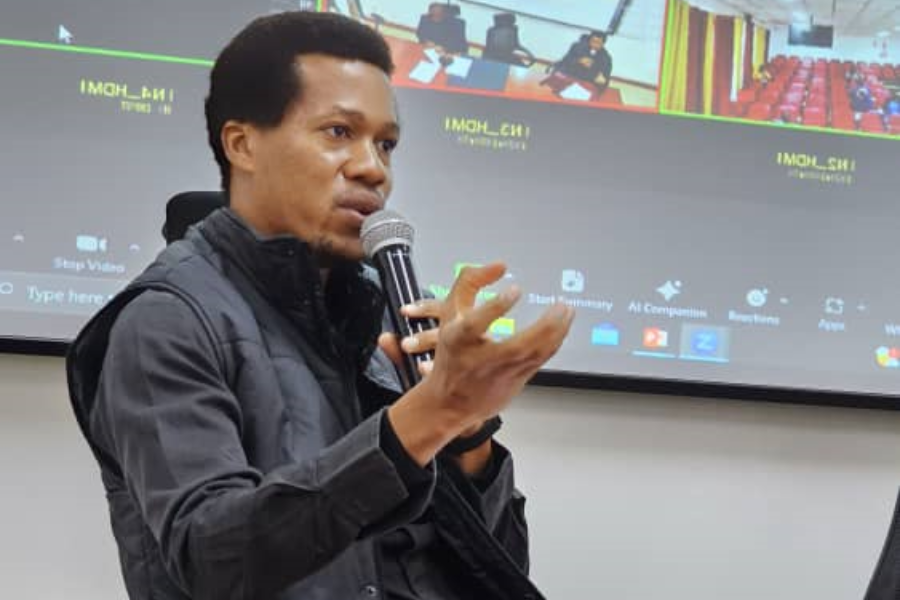
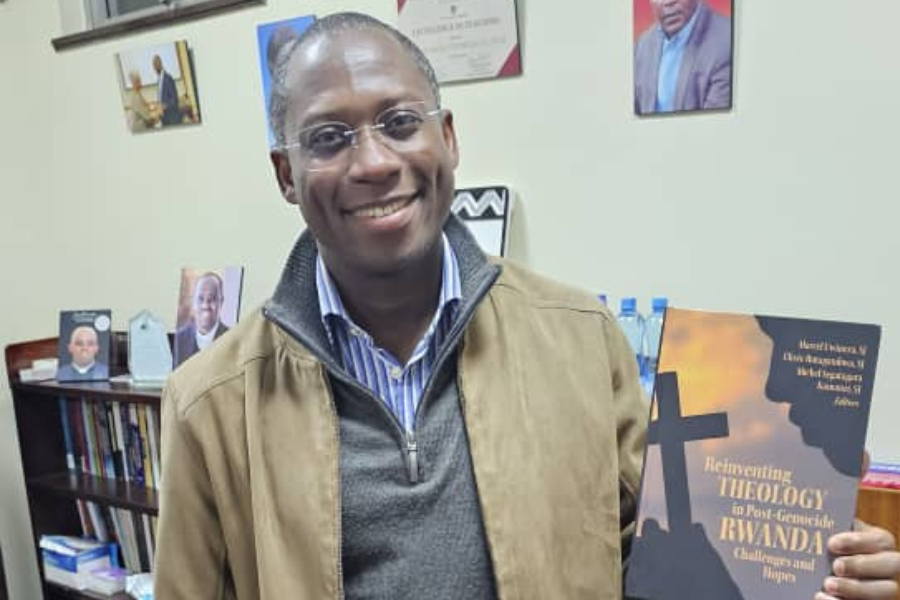
JCAM-RN: Gains and Prospects
An initiative like JCAM-RN seems crucial for Jesuit formational centres in Africa. In addition to the mission of teaching, a platform like JCAM-RN provides the opportunity for JCAM scholars to develop a culture of research and publication. It facilitates personal and institutional networking and collaboration among the formation centres and provides an initiation space for upcoming and young scholars in the assistancy to yearn for and develop a passion for research and publication. More importantly, JCAM-RN offers the space for peer review and peer critique, aiming to birth and sharpen ideas.
Nevertheless, while the JCAM-RN project is laudable, it sometimes suffers logistical and financial setbacks. For instance, having more participants and publishing the colloquium’s proceedings remain a herculean task due to the project’s meagre budget. Obtaining sponsorship in this regard will certainly further encourage scholars in the JCAM formation centres to commit more to the mission of research and publication. As such, an edited book can be produced at the end of each JCAM-RN, helping to set standards for research quality expected of Jesuit scholars in the assistancy as well as prospective participants in JCAM-RN subsequent colloquia. Moreover, JCAM-RN seems to have a twin in Ajis. Hence, frequent conference interactions between the two groups may be more enriching and interdisciplinary. This way, faith and science can effectively dialogue; one does not threaten the other.

